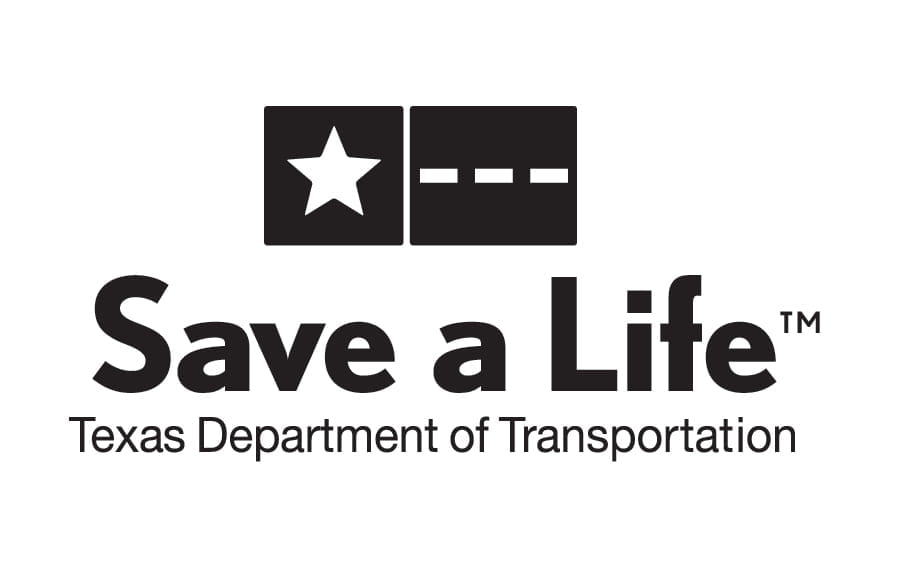
Lots of Legal Information
This update is full of legal information and updates. Make sure to scroll all the way to the bottom for a new resource you can share with your communities as well.
There are also several great webinars and trainings coming up, both from TJCTC and other outside groups.

Clarifications & Updates from Recent Classes
CDL Issued by Mexico
The Legislature changed how the law operates for people who aren’t authorized under federal law to work in the United States but are operating a CMV using a CDL issued by Mexico. HB 4337 modified Transportation Code Sec. 522.015 to state that people who meet that description are only allowed to operate the vehicle in counties which border Mexico.
“Over Group of Axles”
Courts have begun seeing citations for “over group of axles” in some areas. Transportation Code Sec. 621.101 provides three different weight restrictions related to axles. (a)(1) limits a single axle weight to 20,000 pounds, (a)(2) limits a tandem axle weight (two axles directly adjacent to one another) to 34,000 pounds, and subsection (a)(3) limits the overall gross weight on a “group of two or more consecutive axles.” The limit for the “group of axles” is determined by the formula listed in Sec. 621.101(a)(3), which is based on the number of axles and the distance between them.

Legal Question of the Month
Question: We have several juveniles that had 2 charges filed on them in a single incident. How do we handle this with Juvenile Diversion?
Answer: This situation is not expressly dealt with in the juvenile criminal diversion statutes.
Therefore, it is ultimately up to the court how they want to handle the citation/charges.
TJCTC’s position is that the court should handle the charges together and divert both if the standard eligibility elements are met, the charges are not traffic offenses, and both charges are in one citation.
In support of our position, CCP Art 45.310, in part, says, “If a charge involving a child who is eligible for diversion is filed,” and CCP Art. 45.301 defines “charge” as “a formal or informal allegation of an offense, including a citation, written promise to appear, complaint, or pending complaint.”
Thus, if two alleged offenses are contained in one citation, that meets the definition of “charge” in CCP 45.310, and the court may divert both charges in one agreement.
We also recommend speaking to the other JPs in your county to see if you can all come to an agreement on how this situation will be handled in your county. This would help ensure fairness and predictability for juveniles in your area.

Caselaw Updates
No. 02-23-00053-CR, Issued 3/6/25 from the Second Court of Appeals in Fort Worth
Question: Is a search warrant affidavit that only relies on the officer’s “training and experience” and no other specific facts in support enough to search electronic devices found in a home where the search warrant is executed.
Holding: No. There was no connection established between the crime being investigated and the defendant’s electronic devices.
What does this mean for justices of the peace who sign search warrants? This case is a good reminder that the affidavit must go beyond just boilerplate language and include articulable facts connecting the items being searched for with evidence of the crime being investigated. This case is in line with the Baldwin case from the Court of Criminal appeals

Spots filling fast! (Judges Only)
There are still spots open for justices of the peace at the annual Impaired Driving Symposium held July 30-31 in Denton.
Visit the TAC website for more information and to register: https://www.county.org/education-and-events/calendar-of-events/2025/impaired-driving-symposium/overview

Upcoming TJCTC Webinars

Law & Literature Webinar
April 10th from 2:00 – 3:00 pm
Do you want to get paid to be part of a book club? Join TJCTC’s webinar to discuss the book “Maid” that intersects the art of storytelling and the legal field.
Judge Brad Cummings from Hopkins County and TJCTC Attorney John Lackey will lead the discussion regarding the book. Also, feel free to watch the Netflix series based on the book and be ready share your thoughts!
Register for the webinar: https://txstate.zoom.us/webinar/register/WN_Er9LPQhaTl2jltrLKgyicQ#/registration

Clearing Your Docket While Helping Your Community: An Update
June 5th from 2:00 – 4:00 pm
This webinar will be an overview of strategies to clear criminal case dockets while ensuring that indigent defendants’ rights are protected.
It will include information about Omnibase holds, waiver of fines and fees, community service plans, other indigent assistance strategies, and include relevant legislative updates
Register for the webinar: https://txstate.zoom.us/webinar/register/WN_spcexLIFROSVykhcZrpsZg#/registration

Rescheduled TAC Training
Judicial Forum on Mental Health (Judges Only)
The Judicial Forum on Mental Health will give county judges and justices of the peace information about the nature of mental illness in the courts, crucial legislative updates and how to create important partnerships.
August 14, 2025 – August 15, 2025
08:00 AM – 05:00 PM
DoubleTree by Hilton Hotel Austin 6505 N. Interstate 35
Austin, TX 78752
Register for the Judicial Forum: https://www.county.org/education-and-events/calendar-of-events/2025/judicial-forum-on-mental-health/overview

Family Help Link
Texas Law Help has partnered with the various legal aid organizations around Texas to create one form for Texans to use to request legal help and resources when it relates to a legal issue that involves a child’s health, stability, safety, or security.
This is a great resource to have handy to share with your local constituents and anyone who comes into your court seeking help with these issues.
Check out the Family Help Link: https://texaslawhelp.org/family-help-link
















